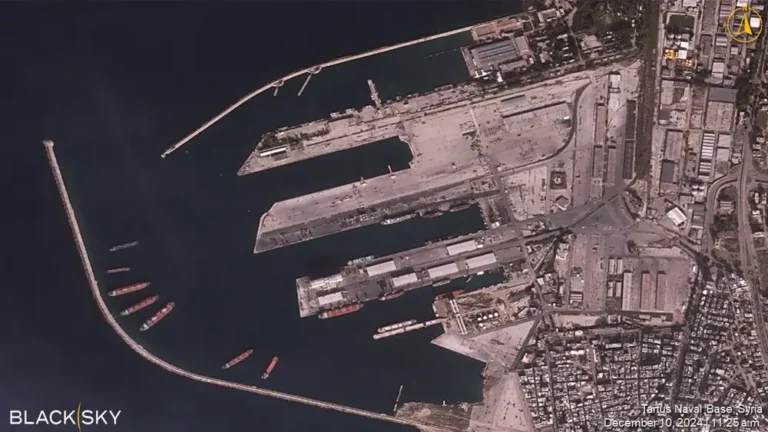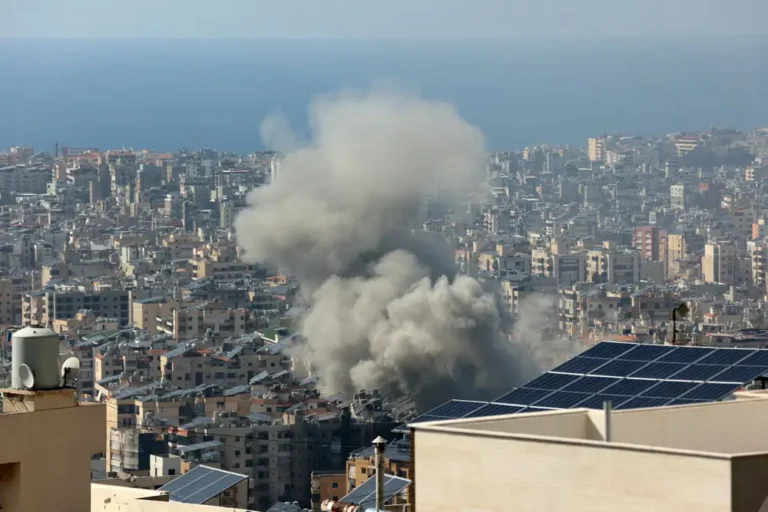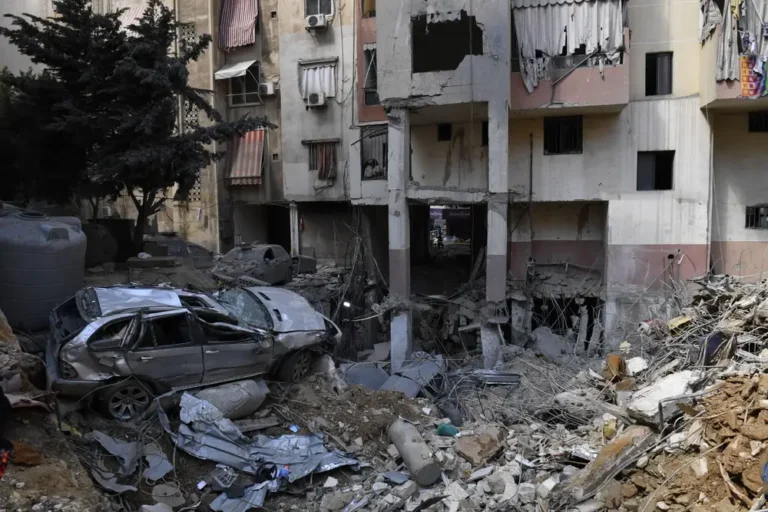Russian embassy advises its citizens to leave Syria as rebels advance on strategic city of Homs

The aftermath of a Russian airstrike on Aleppo, Syria.
The Russian embassy in Syria has advised its citizens to leave the country “in the light of the difficult military and political situation.”
In a post on Telegram, the embassy said Russian nationals should leave on commercial flights through operating airports, adding that the embassy continues to operate “as usual.”
The announcement comes amid Russian airstrikes targeting rebel forces who launched a surprise offensive against Syrian President Bashar Assad’s government forces late last month.
The rebels, led by Islamist militants from the opposition group Hayat Tahrir al-Sham, have already taken control of the key cities of Aleppo and Hama, and are continuing their advance toward the city of Homs, which sits at an important crossroads linking the capital Damascus — the seat of Assad’s power — to the coast.
Should Homs fall, there would be no major cities between the rebels and Damascus.
For Russia, the mounting pressure on Assad’s government has significant implications.
Moscow operates two major military bases in Syria, the Hmeimim airbase and the Tartus naval base.
The bases have been crucial for Russia’s regional interests, providing its forces with important access to the Mediterranean Sea and a “launching pad to move into Africa,” Natasha Hall, a senior fellow with the Middle East Program at the Center for Strategic and International Studies, previously told B-17.
Zineb Riboua, a research fellow and program manager at the Hudson Institute’s Center for Peace and Security in the Middle East, wrote on X that losing Syria would be a big blow for Putin, scuppering many of his plans across the region and damaging his reputation with African governments.
“Without a strong Russian military base in Syria, all of Putin’s plans collapse,” Riboua said.
Moscow intervened to prop up Assad in 2015, but analysts say the ongoing war in Ukraine means it’s unlikely to have the resources to provide significant support this time around.
Assad will instead likely have to rely on help from Syria’s longtime ally Iran and its Lebanese proxy Hezbollah.
Iran also helped support Assad against rebel forces in 2015, and Iran-backed militiamen are reported to have begun entering Syria from Iraq to back the embattled president once again.
But this time, it may be difficult for Tehran to pull together sufficient forces, Aron Lund, a Middle East analyst at the Swedish Defence Research Agency, told B-17.
“Hezbollah, which was Tehran’s primary instrument in Syria over the past decade, is now stuck in Lebanon, tending to its wounds and trying to get back on its feet after being mauled by Israel over the course of a two-month war,” Lund said.
He added: “I’m not sure Iran can muster the numbers in time to turn this situation around.”






